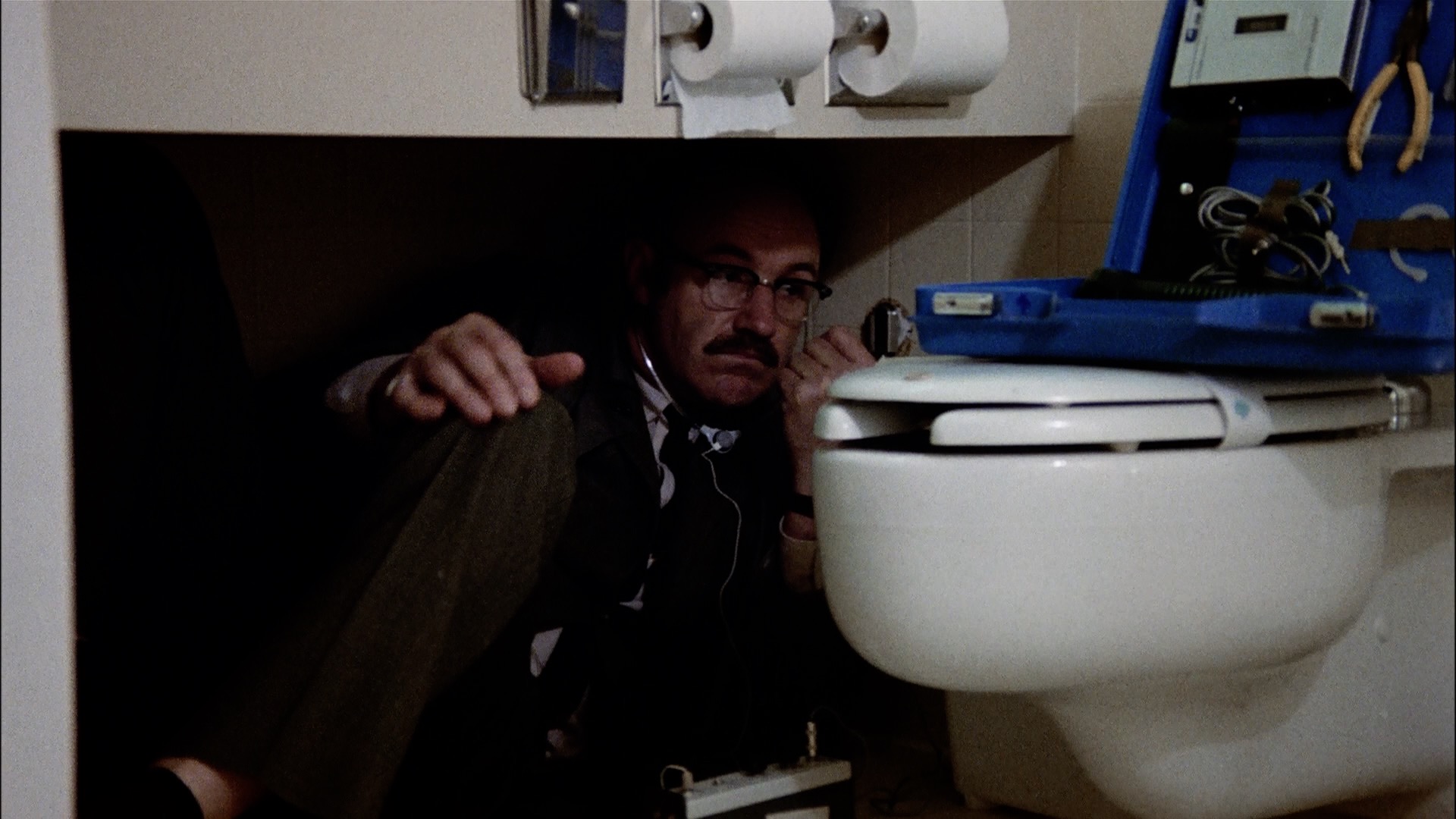Francis Ford Coppola is an American film director recognised as one of the central figures of the New Hollywood wave of filmmaking. His work is renowned for its auteur style, where he maintains significant control over multiple aspects of his films, from scripting to editing. His mastery of storytelling, character development, and willingness to take creative risks have cemented his reputation as a visionary in the field. Coppola’s most acclaimed films include The Godfather trilogy and Apocalypse Now, which consistently rank among the greatest films ever made.
Coppola was born in Detroit, Michigan, in 1939 and showed an early interest in filmmaking. After studying theatre at Hofstra University and filmmaking at UCLA, he began his career as a scriptwriter before venturing into directing. In 1969, he founded American Zoetrope, a studio dedicated to creating artistically intense films outside the traditional Hollywood system. This bold move illustrated Coppola’s commitment to independent filmmaking and nurturing new talent.
Coppola’s filmography is often characterised by the exploration of power, corruption, and moral decay, as epitomised by his iconic Godfather trilogy. His approach to these themes presents a nuanced view of the American dream, dissecting its allure and inherent risks through the lens of a mafia family. Beyond this, Coppola’s knack for developing complex and memorable characters sets his work apart, offering depth and relatability that resonates with audiences.
The Harbinger of New Hollywood
Coppola’s films demonstrate innovative sound and visual techniques, contributing to their lasting impact. In The Conversation, sound design plays a pivotal role in driving the narrative tension, while in Apocalypse Now, the vivid and surreal imagery creates a nightmarish depiction of the Vietnam War. Moreover, his commitment to artistic risk-taking is evident in these films, often pursued at significant personal financial risk, as was the case with Apocalypse Now.
His collaborations with key creatives significantly shape the distinctive features of his films. Notable collaborators include composer Nino Rota, cinematographer Vittorio Storaro, and actors like Al Pacino and Robert De Niro. These collaborations have resulted in an unforgettable blend of visual style, musical score, and powerhouse performances.
Coppola’s legacy in the film industry is monumental, with his influence extending globally and inspiring countless filmmakers. Directors like Quentin Tarantino, Martin Scorsese, and Sofia Coppola (his daughter) have all cited him as a significant influence. Internationally, renowned directors such as Mexico’s Guillermo del Toro and Korea’s Bong Joon Ho have also acknowledged his impact. His films have significantly shaped the cinematic landscape, pushing the boundaries of storytelling and technical innovation, and his commitment to independent filmmaking has left an indelible mark on the industry.
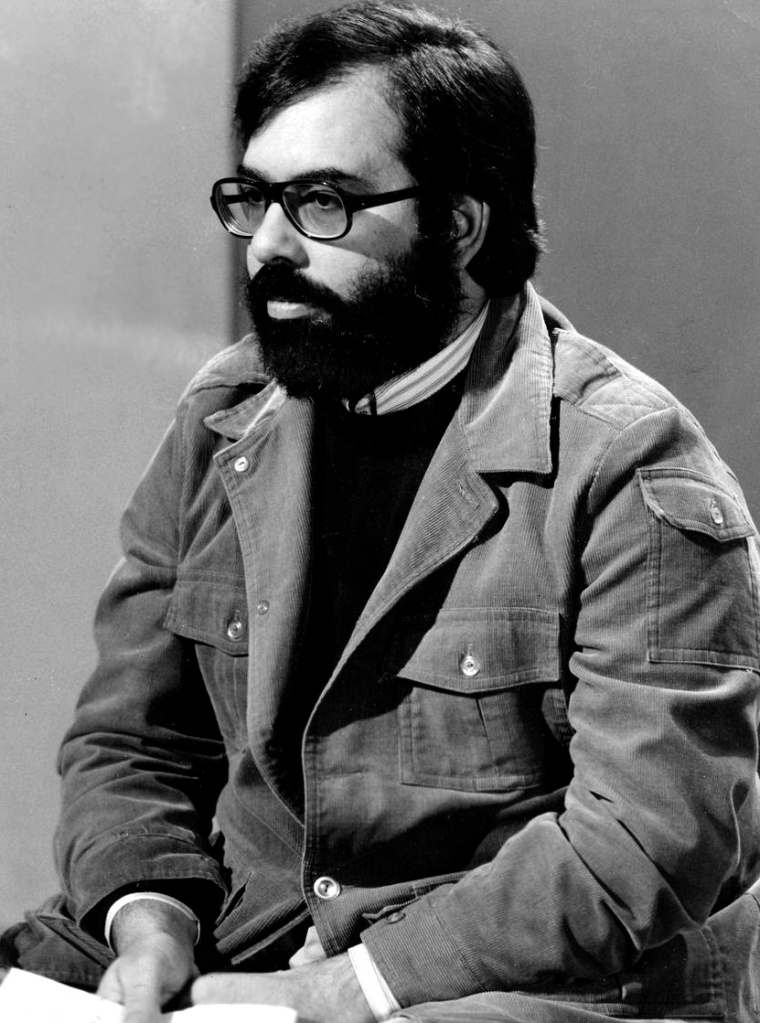
Francis Ford Coppola (1939 – -)
Calculated Films:
- The Godfather (1972)
- The Conversation (1974)
- The Godfather: Part II (1974)
- Apocalypse Now (1979)
- The Godfather: Part III (1990)
Similar Filmmakers



Francis Ford Coppola’s Top 10 Films Ranked
1. The Godfather (1972)
Genre: Gangster Film, Drama

2. Apocalypse Now (1979)
Genre: War, Psychological Drama, Drama

3. The Godfather: Part II (1974)
Genre: Gangster Film, Drama

4. The Conversation (1974)
Genre: Psychological Thriller, Mystery, Drama

5. Rumble Fish (1983)
Genre: Coming-of-Age, Drama

6. The Godfather: Part III (1990)
Genre: Gangster Film, Drama
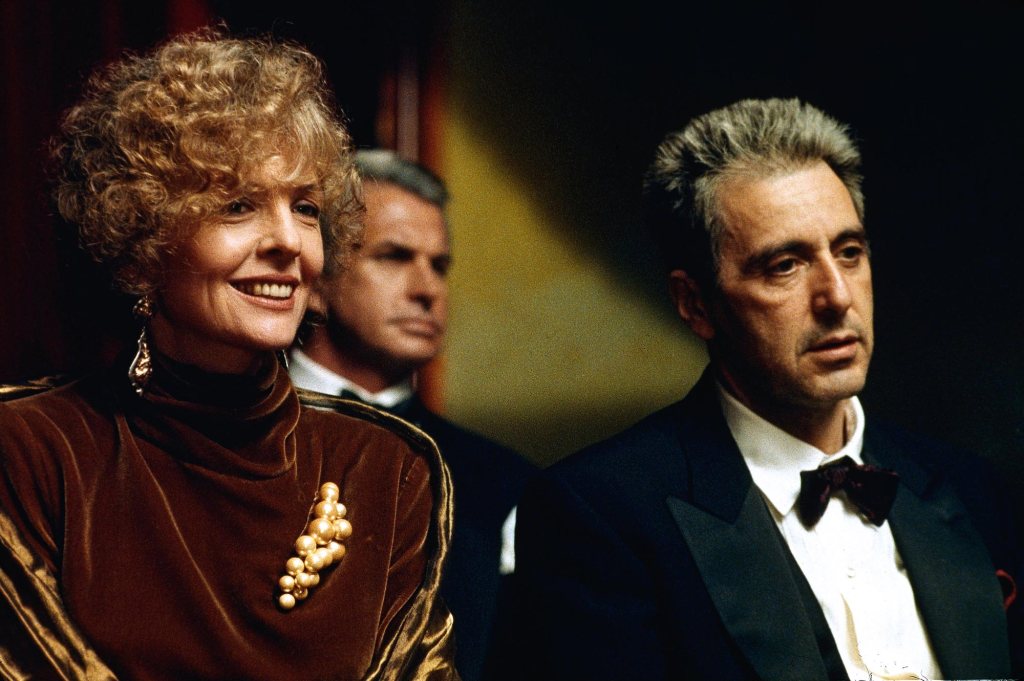
7. The Outsiders (1983)
Genre: Coming-of-Age, Teen Movie, Drama
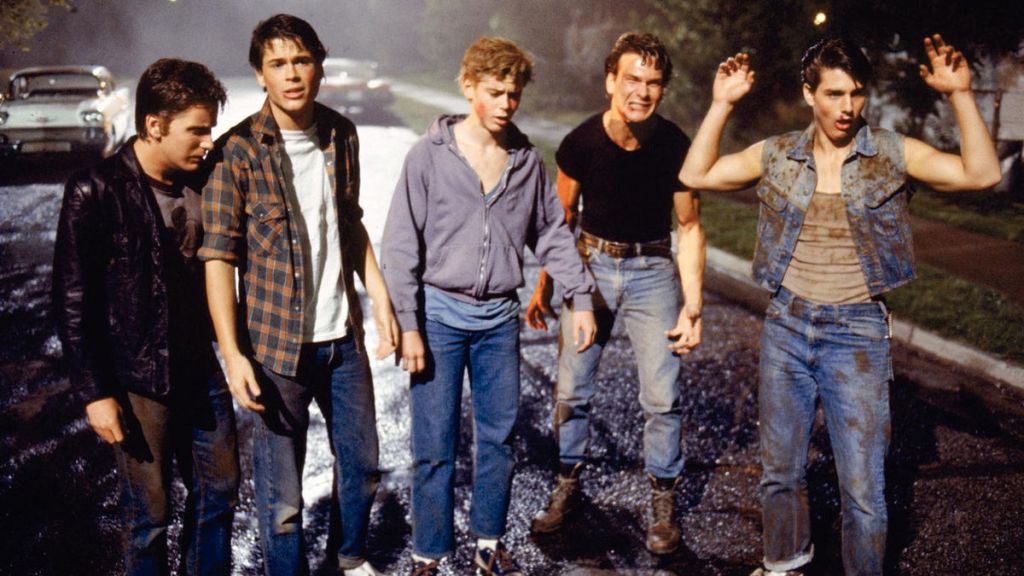
8. Bram Stoker’s Dracula (1992)
Genre: Vampire, Gothic Horror, Romance
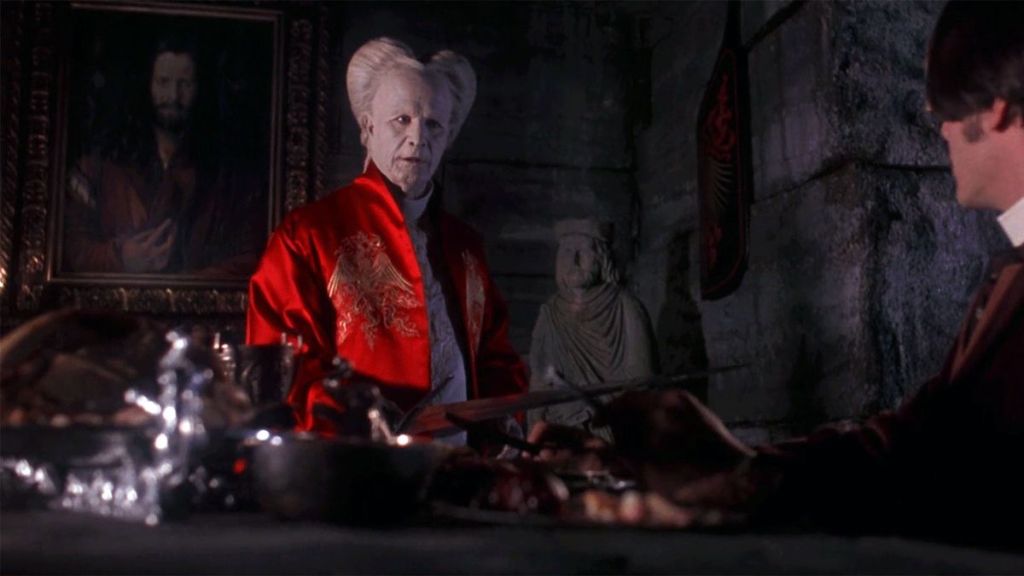
9. The Rain People (1969)
Genre: Road Movie, Drama
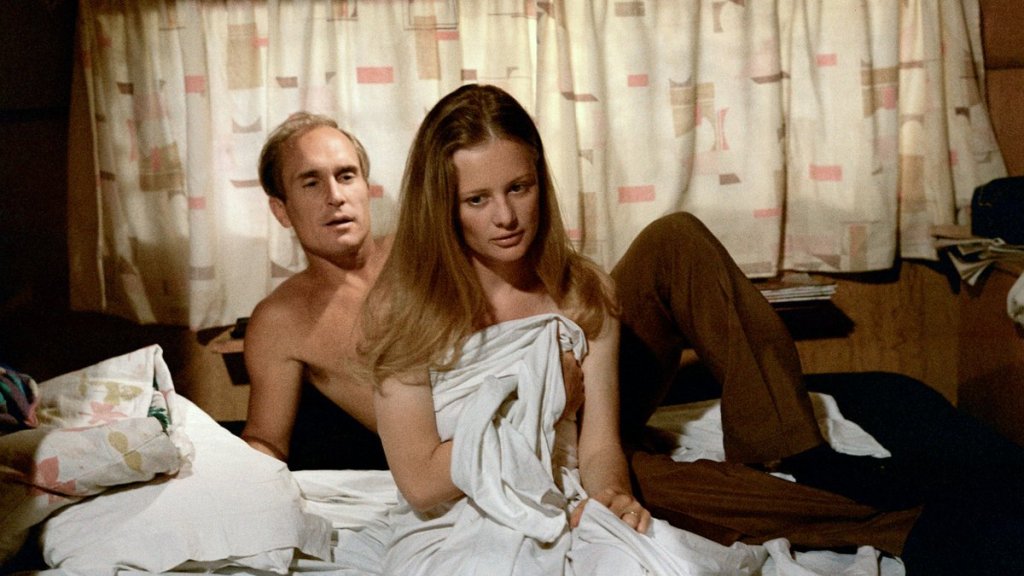
10. One From The Heart (1982)
Genre: Romance

Francis Ford Coppola: Themes and Style
Themes:
- Epic Storytelling: Coppola often explores grand narratives that span over the years or even generations, as seen in The Godfather series, where he delves into the evolution of a Sicilian-American mafia family.
- Moral Ambiguity: His films frequently present characters in morally complex situations, challenging the audience’s sense of right and wrong. In Apocalypse Now, the lines between sanity and madness, morality and immorality, are blurred.
- Corruption of Power: Coppola repeatedly examines how power corrupts individuals and institutions, a theme central to The Godfather and Apocalypse Now, showcasing the downfall or moral degradation of those in power.
- Isolation and Madness: Characters in Coppola’s films often face isolation, which leads them to madness, as depicted in The Conversation, where the protagonist’s obsession and loneliness drive him towards instability.
- American Dream and Materialism: His films sometimes critique the American Dream and materialism, suggesting that wealth and success can lead to spiritual emptiness, as portrayed in the rise and fall of the characters in The Godfather.
Styles:
- Operatic and Theatrical: Coppola’s direction often includes operatic elements, with heightened emotional stakes and dramatic intensity, seen in the grand set pieces and passionate performances of The Godfather saga.
- Innovative Sound and Editing: In films like The Conversation, Coppola uses pioneering sound design and editing techniques to reflect the psychological state of the characters and to build suspense.
- Cinematic Realism: He employs a style of cinematic realism, using natural lighting and on-location shooting to create an immersive atmosphere, such as the Filipino jungle in Apocalypse Now serving as the backdrop for the Vietnam War.
- Symbolism: Coppola infuses his films with symbolic elements that enhance the narrative, like the use of oranges in The Godfather as a harbinger of impending violence or death.
- Long Takes and Fluid Camera Movement: He frequently uses long takes and fluid camera movements to create tension and focus deeply on the characters, as seen in the famous opening wedding scene of The Godfather.
Directorial Signature:
- Ensemble Cast and Collaborative Approach: Coppola is known for working with ensemble casts and often collaborates closely with his actors, giving them space to contribute creatively, which has led to iconic performances in films like The Godfather.
- Use of Darkness and Shadows: He often uses darkness and shadow to create mood and contrast, a technique that is especially evident in the chiaroscuro lighting of The Godfather.
- Emphasis on Family: Whether by blood or bond, the concept of family is a recurrent motif in Coppola’s films, explored through the interconnected fates of his characters.
- Juxtaposition of Beauty and Violence: Coppola has a signature approach of juxtaposing stunning visuals with brutal violence, creating a disturbing contrast that forces viewers to find beauty in darkness or vice versa.
- Rich Character Development: His films are known for rich, layered character development, allowing audiences to witness the evolution of complex personalities over time, often through a series of crises and resolutions.
Francis Ford Coppola: The 37th Greatest Director

